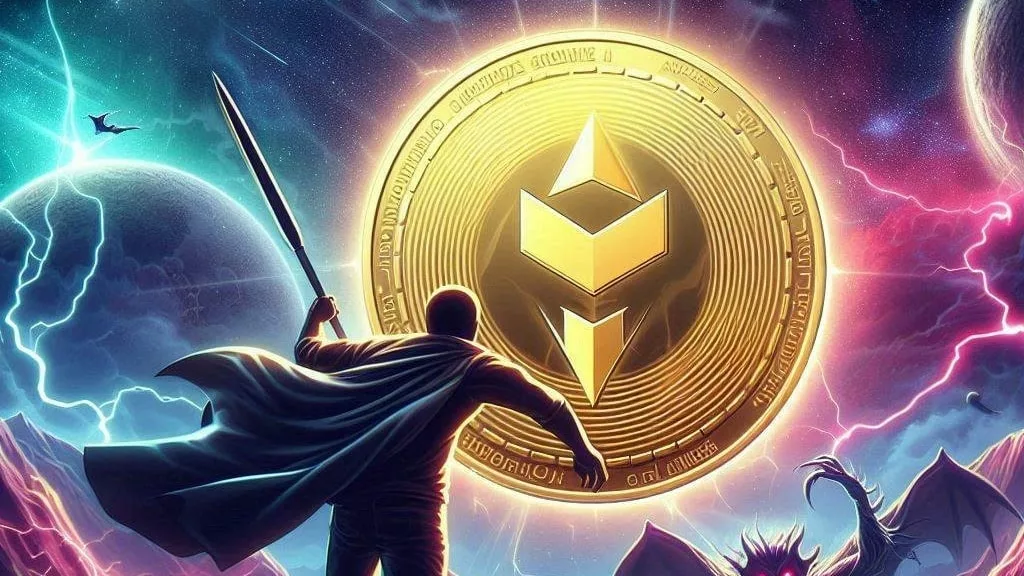
Imagine a world where all financial transactions, sensitive business data, and personal information are openly accessible on a public ledger. Such transparency may seem noble in theory, but in practice, it poses significant risks to individuals and businesses alike. This lack of privacy is one of the primary barriers hindering the mainstream adoption of blockchain technology beyond mere speculation and investment.
Just as Netscape’s SSL protocol revolutionized online security by enabling secure transactions over the internet, innovations like zero-knowledge cryptography hold the promise of safeguarding sensitive information on blockchains without compromising data integrity. This advancement is not just about protecting individual privacy; it’s about paving the way for a new era of secure, efficient, and trustworthy digital transactions.
Netscape, a pioneering force in the early days of the internet, recognized the urgent need for security measures to foster trust in online commerce. By developing the SSL protocol, Netscape laid the groundwork for the encryption standards that underpin modern web security, empowering businesses and consumers to engage in online transactions with confidence.
Cryptocurrencies like Bitcoin and Ethereum have laid the groundwork for decentralized finance, but their lack of privacy features limits their utility in everyday transactions. Enter the next generation of blockchain protocols, such as Aleo, Aztec, and Mina Protocol, which integrate zero-knowledge cryptography with smart contracts to deliver unparalleled privacy, security, and compliance.
Vitalik Buterin, the visionary founder of Ethereum, has long advocated for greater integration of privacy-enhancing technologies in blockchain networks. With zero-knowledge cryptography at the forefront, these protocols aim to address the pressing need for privacy in the digital finance space, propelling cryptocurrencies into the mainstream.
Similarly, the emergence of zero-knowledge cryptography marks a watershed moment for blockchain technology. This cryptographic technique allows parties to verify the validity of transactions without revealing any sensitive information, offering a compelling solution to the privacy challenges that have plagued traditional blockchains.
While protocols like Bitcoin and Ethereum have laid the foundation for the digital asset space, the true potential of blockchain technology remains untapped without robust privacy features. Enterprises and individuals alike demand secure, privacy-enhanced solutions that enable real-world applications beyond the realm of speculation.
Visionaries like Vitalik Buterin, the founder of Ethereum, have long championed the integration of zero-knowledge cryptography to unlock the full potential of decentralized applications. With newer blockchain protocols such as Aleo, Aztec, and Mina Protocol leveraging zero-knowledge cryptography and smart contracts, the stage is set for a paradigm shift in how we perceive and utilize blockchain technology.
The legacy of Netscape’s SSL protocol serves as a testament to the transformative power of encryption in shaping the digital landscape. Just as SSL became the cornerstone of secure internet communications, zero-knowledge cryptography has the potential to become the linchpin of blockchain security, usability, and compliance.
In a world where data privacy is increasingly valued and regulatory scrutiny is on the rise, the integration of privacy-enhancing technologies is not just a luxury but a necessity for the survival and relevance of cryptocurrencies and blockchain networks.
As we embark on this journey towards a more private and secure digital future, one thing is clear: without privacy, cryptocurrency and blockchain technology will struggle to gain traction beyond the realm of speculation. It’s time to embrace privacy as the cornerstone of the next evolution in digital transactions and unlock the full potential of blockchain technology for the benefit of all.



Get the latest Crypto & Blockchain News in your inbox.